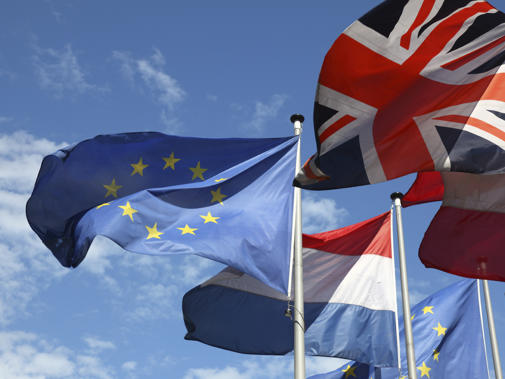It comes as prime minister Boris Johnson dampened hopes of a deal with the EU, suggesting the country had to ‘get ready’ to trade next year without any agreement.
Mr Johnson’s official spokesperson later added: ‘The trade talks are over. The EU has effectively ended them by saying that they do not want to change their negotiating position.’
The news has solidified concerns in the medical profession around the future supply chains of pharmaceuticals, medical devices and protective equipment, NHS staffing shortages, severe shortages of medical products and nuclear isotopes and damage to medical research and the production of COVID-19 vaccines.
Pandemic at hand
 NAGPAUL: 'A disastrous path'
NAGPAUL: 'A disastrous path'
A no-deal exit would also raise concerns regarding disruption to the provision of cross-border healthcare and the flow of medicines and medical devices between Northern Ireland and the Republic of Ireland.
BMA council chair Chaand Nagpaul said: ‘We have long warned that trying to handle these negotiations of unprecedented complexity during a global pandemic could result in the transition period ending without a negotiated deal being agreed – and, for all the prime minister’s bluster about an “oven ready” deal, there now appears to be a very real risk that this is where we’re headed.
‘A no-deal Brexit would have been deeply damaging for our members and their patients even before this pandemic crippled our health services and deepened the desperate health inequalities in our society. But now the results of a no-deal outcome would be even more devastating, with the NHS struggling to deal with the massive backlog of non-Covid-19 work, a severe workforce shortage and the country facing a second peak in infections during an already challenging winter period.’
Avoid crashing out
Dr Nagpaul added: ‘Once again, I urge the prime minister to do whatever is needed to avoid this disastrous scenario. A no-deal Brexit would have catastrophic consequences for the NHS, the workforce and patients in this country and now, more than ever, this cannot be allowed to happen.’
It is now more than a year from the signing of the Brexit withdrawal agreement which took place on 17 October 2019. At the time Boris Johnson hailed his deal as an ‘oven-ready’ Brexit deal, but has since appeared minded to rip the deal up.
Brexit talks have stalled since the UK left the EU on 31 January this year and recent negotiations appear to have found agreement over state aid, fishing and financial services as stumbling blocks between the parties.
The talks were supposed to have been settled by a self-imposed deadline of 15 October to agree the text of a deal. Negotiations are due to continue in the coming weeks and EU negotiator Michel Barnier has called on UK Europe adviser David Frost to confirm future meetings.

